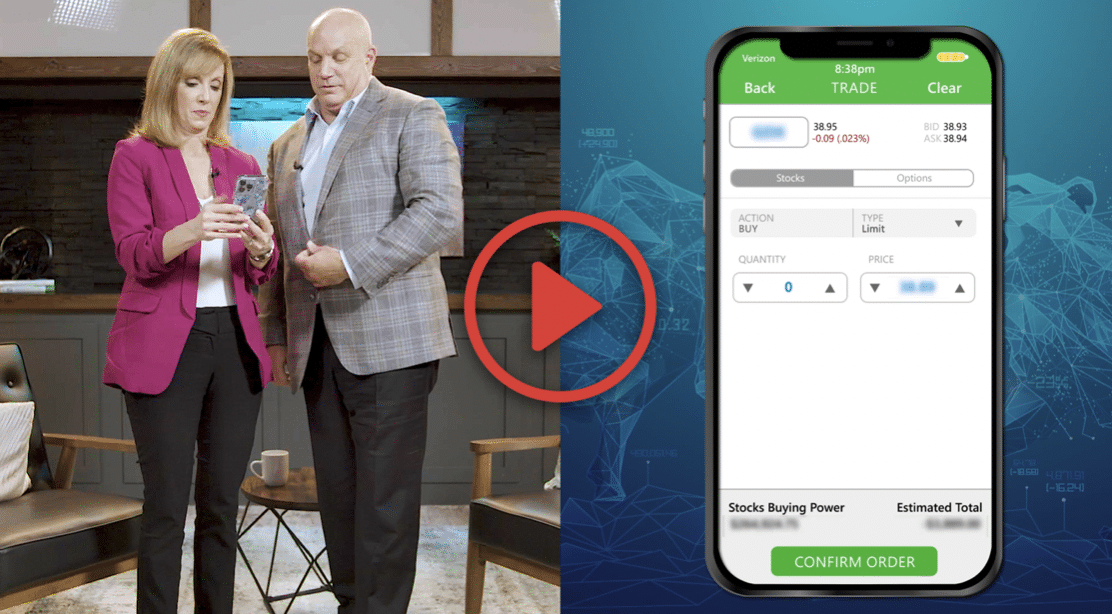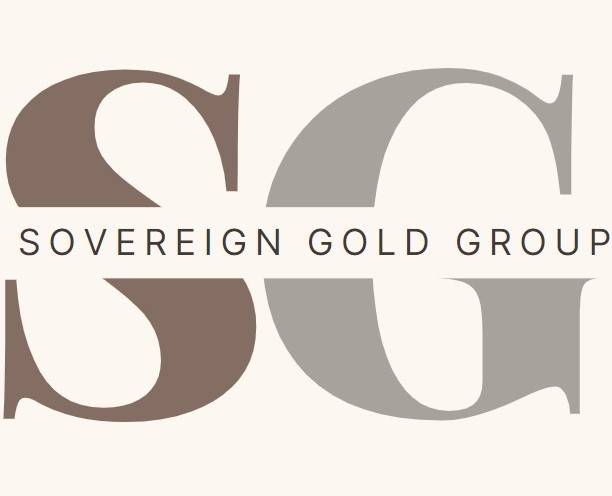Within the realm of investment strategies and emerging market trends, blue-chip dividend stocks stand out. These industry leaders boast stability, renowned brands, and generous dividends, making them a low-risk option when seeking profitability.
Opportunities await the astute investor, and I’ve found a few that meet the criteria I laid out above. These popular buy-rated stocks are undervalued, and each shows a promising price upside…
General Dynamics Corp (GD)
General Dynamics (GD) is a prominent defense contractor that has solidified its position within its industry. GD’s primary point of focus is the operation of its “Gulfstream” commercial jet program, which excels in manufacturing high-quality, long-range private jets. The luxury goods market has experienced a global upswing in recent years, propelling demand for GD’s planes. Additionally, the allure of private jets has grown further since the pandemic, with more affluent folks hopping on board.
GD’s numbers are substantial. Its stock is down year-to-date by 14.89%, is trading near the very bottom of its existing 52-week range, and has a safe 0.83 beta score. GD shows TTM revenue of $40 billion at $12.22 per share, profiting $3.39 billion in net income via its 8.50% profit margin. GD has an ROE of 18.27%, a PEG ratio of 1.77x, a P/S (price to sales) ratio of 1.47x, and a D/E (debt to equity) of 63.38%. GD most recently bested analysts’ projections on EPS and revenue by 1.84% and 6.20%, respectively. GD has a 2.50% annual dividend yield and a quarterly payout of $1.32 ($5.28/year) per share. With roughly $2 billion in free cash flow, GD has a median price target of $252.50, with a high of $325 and a low of $218, suggesting a price leap of over 54% from where it is now. GD has 19 buy ratings and six hold ratings.
Danaher Corp (DHR)
Another one to consider is Danaher Corp. (DHR), a top blue-chip stock focused on healthcare that was initially an industrial conglomerate but has since strategically navigated mergers and acquisitions, resulting in remarkable returns. As it concludes the spin-off of its water division, DHR will solely concentrate on healthcare, particularly in the growing bioprocessing market. While sales dipped after the pandemic, this presents an attractive entry point for investors to get a piece of DHR.
Down by 11.57% year-to-date, DHR is at the bottom of its 52-week range with a beta score of 0.80. DHR shows a TTM revenue of $30.95 billion at $9.29 per share, and it has made a net income of $6.85 billion on the back of its 22.40% profit margin. DHR has a PEG ratio of 2.17x, an ROE of 14.17%, and a D/E (debt to equity) of 40.66%. At its last earnings call, DHR reported EPS of $2.36 per share vs. $2.26 as predicted by analysts, beating their forecasts by 4.36%; it also beat revenue by a 1.59% margin. DHR has an annual dividend yield of 0.46% and a quarterly payout of 27 cents ($1.08/year) per share. With a 10-day average volume of 3.35 million shares, DHR has a median price target of $273, with a high of $328 and a low of $220, representing a potential price jump of nearly 40%. DHR has 21 buy ratings and seven hold ratings.
Goldman Sachs Group Inc (GS)
I don’t shy away from reality in the markets. This year, Goldman Sachs (GS) has faced some challenges. The banking industry crisis and concerns over GS’s performance have contributed to slower operations, mainly affected by sluggish capital market conditions in 2022. However, there are reasons to remain optimistic about GS. Market conditions are rebounding, and the resurgence of high-profile IPOs, like Cava (CAVA), is expected to revive demand for GS’s services. Furthermore, Goldman is positioned for significant growth in its consumer business. GS’s dividend certainly sticks out:
GS’s stock is currently down by 8.60% and is near the bottom of its range. From $44.67 billion in TTM revenue at $28.08 per share, GS has profited $1.97 billion via a 22.63% net margin. With a PEG ratio of 0.7x, GS most recently reported EPS at $8.79 per share vs. $8.06 per share, as projected by analysts, beating their forecasts by a 9.08% margin. GS has an annual dividend yield of 3.19% and a quarterly payout of $2.50 ($10.00/year) per share. With $37 billion in operating free cash flow and a 10-day average volume of 2.65 million shares, GS has a median price target of $385, with a high of $470 and a low of $305; this indicates the potential for a nearly 50% price upside. GS has 17 buy ratings and nine hold ratings.











 and then
and then